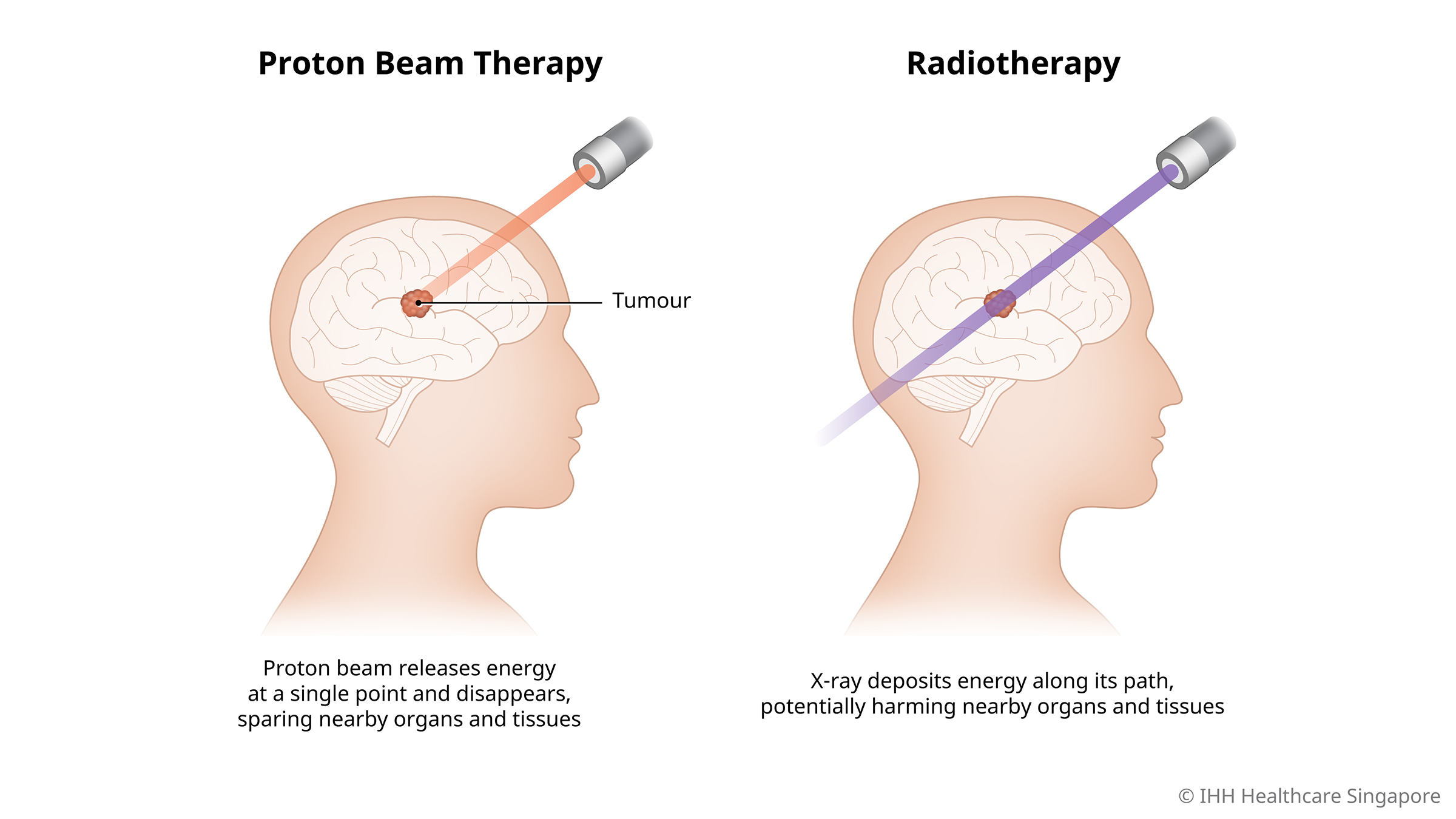Our radiation oncologists
When it comes to cancer treatment and management, our committed team of cancer specialists, nurses, and caregivers leaves no stone untouched. Our comprehensive approach ensures that suitable steps are taken in response to the circumstances at hand.
^Specialists may qualify to be on the Extended Panel (EP). You may enjoy selected panel benefits depending on your policy and riders.






